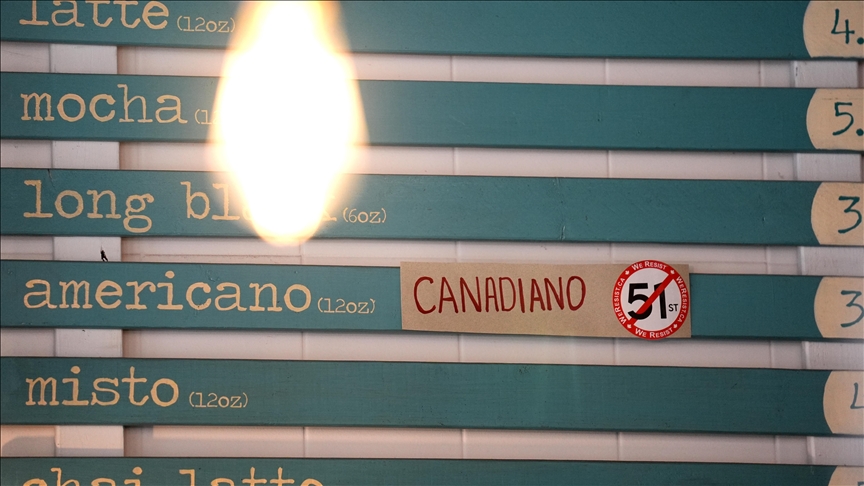

By Anadolu Agency
WASHINGTON
US President Donald Trump’s reciprocal tariffs are expected to be announced on April 2 as all eyes in the global markets turn to Washington’s trade policies amid rising uncertainties.
Trump’s deadline for federal agencies to investigate unfair practices by other countries when he took office expires next week. Trump has planned to announce reciprocal tariffs on April 2, naming it “the Liberation Day.”
It is unclear which countries and products Trump will target, while he claims that the US is being “ripped off” by friends and foes alike.
Reports say that Trump’s reciprocal tariffs on April 2, while unclear, may be narrower than expected. The White House is expected to impose reciprocal tariffs on countries with large foreign trade volumes, especially trade deficits, with the US while excluding certain industrial sectors.
Trump previously said he would tariff auto, pharmaceutical, and semiconductor sectors but he is now unlikely to announce sector-specific tariffs, though his exact plans remain a mystery. Trump recently said he would announce tariffs on automobiles and pharmaceuticals in the near future but did not provide an exact date.
Some reports suggest that Washington may be considering a two-phase strategy for its tariff regime, which would involve imposing emergency tariffs on trade partners while investigations into unfair practices are still ongoing.
Trump’s team is reportedly considering creating a stronger legal basis for its tariff plans while raising funds for tax cuts for the rich.
The US president said on March 21 that he would impose as many tariffs as the US receives and the reciprocal tariffs would be fair, but he said he could grant exemptions to many countries from reciprocal tariffs three days later, saying that he “may give a lot of countries breaks.”
“It’s reciprocal, but we might be even nicer than that,” he said. “We may take less than what they’re charging because they’ve charged us so much, I don’t think they could take it.”
Meanwhile, what will happen to the tariffs on Canada and Mexico, the US’ two major trade partners, remains uncertain. Trump imposed tariffs on the two countries due to alleged fentanyl trafficking and undocumented migrant flows.
Trump amended his executive order to impose a 25% tariff on goods from Canada and Mexico, and signed regulations to exempt goods compliant with the US-Mexico-Canada Agreement (USMCA) from tariffs until April 2.
Automobiles meeting USMCA requirements were exempted while the tariff on Canadian potash, a type of fertilizer, was reduced to 10%.
The Trump administration has yet to tell the public exactly how the tariffs on Canada and Mexico will be implemented after these exemptions expire. Despite uncertainties, the new tariffs that the US is planning are expected to further escalate global trade tensions.
We use cookies on our website to give you a better experience, improve performance, and for analytics. For more information, please see our Cookie Policy By clicking “Accept” you agree to our use of cookies.
Read More